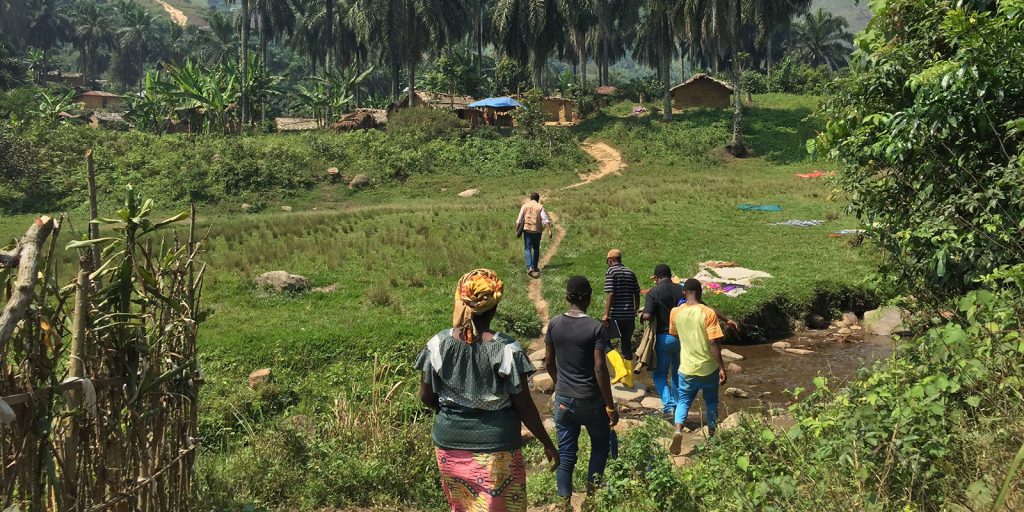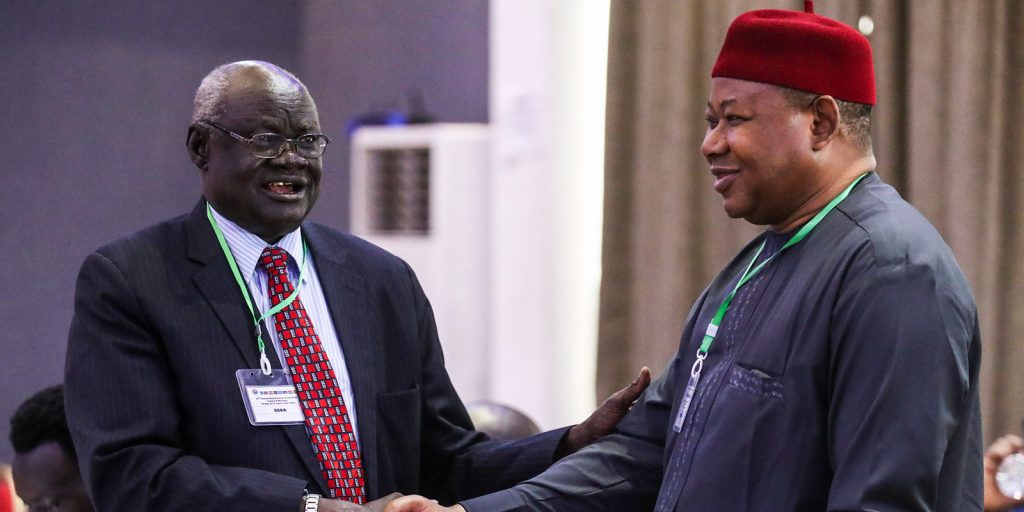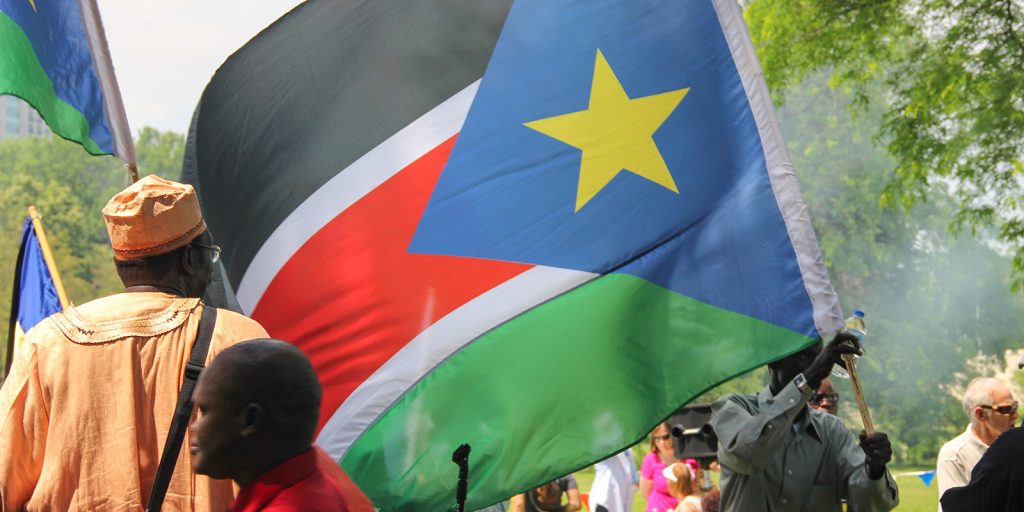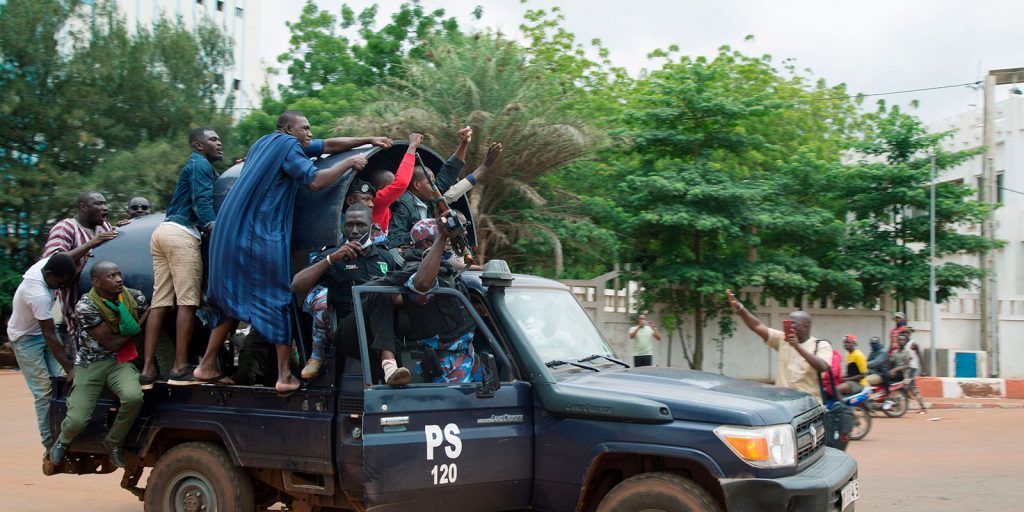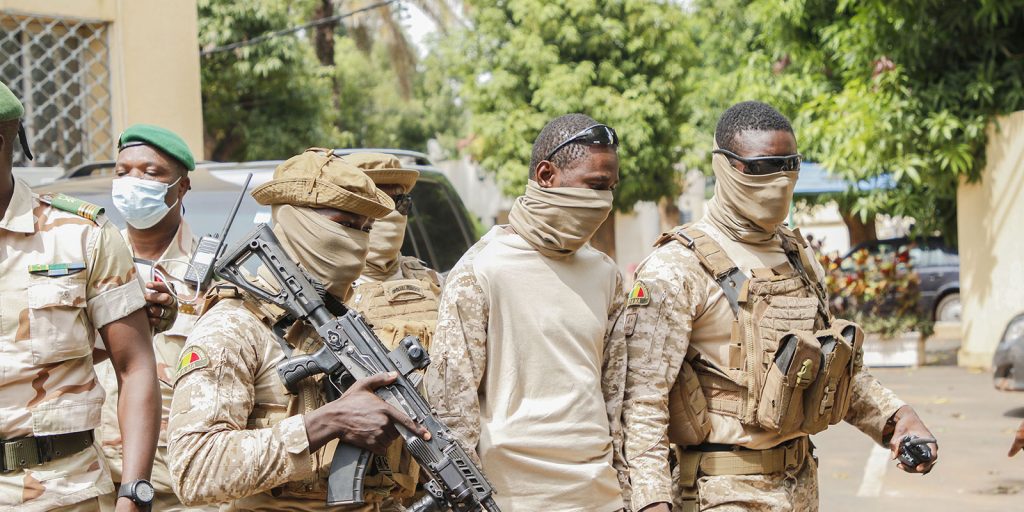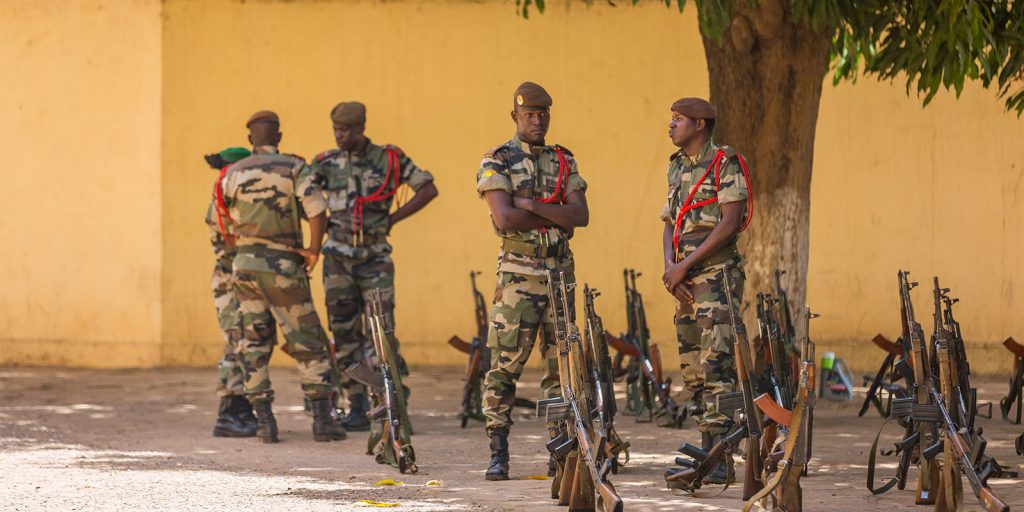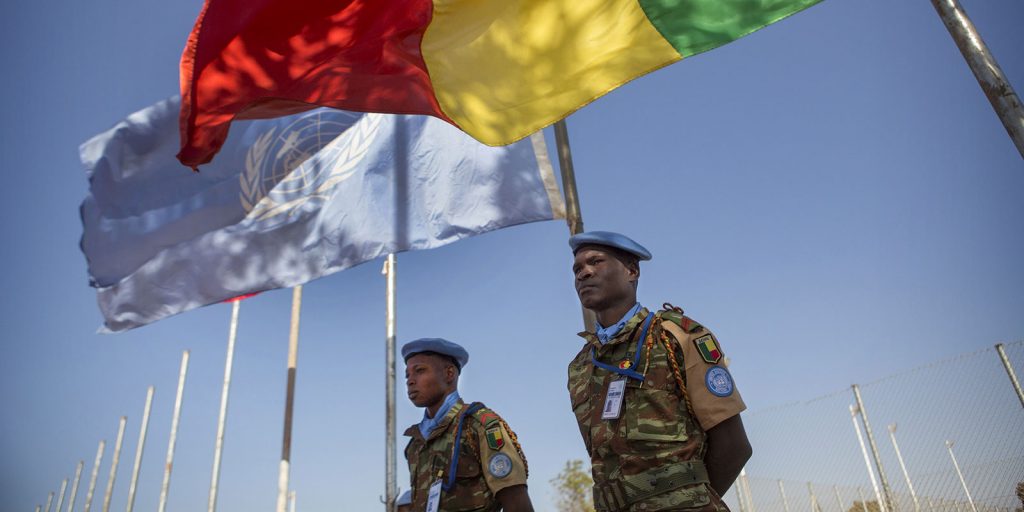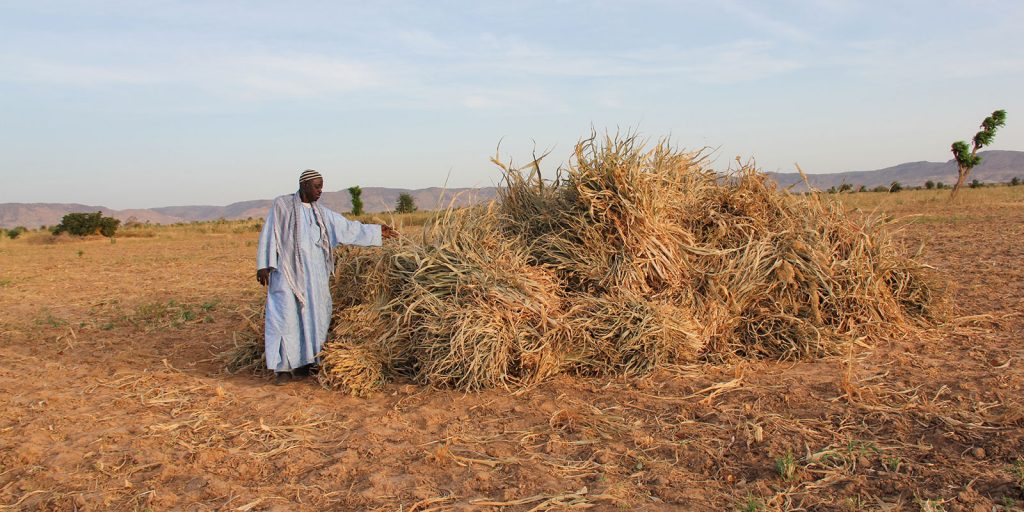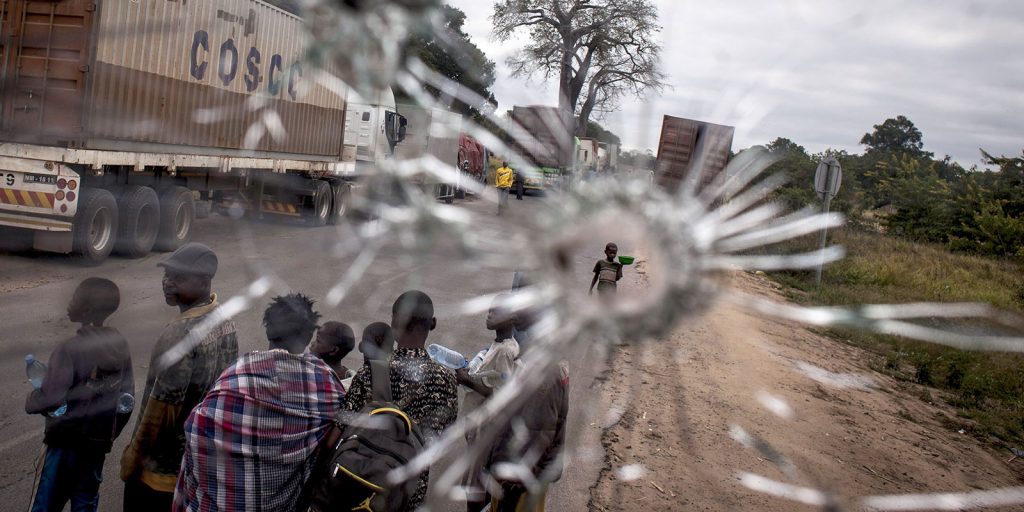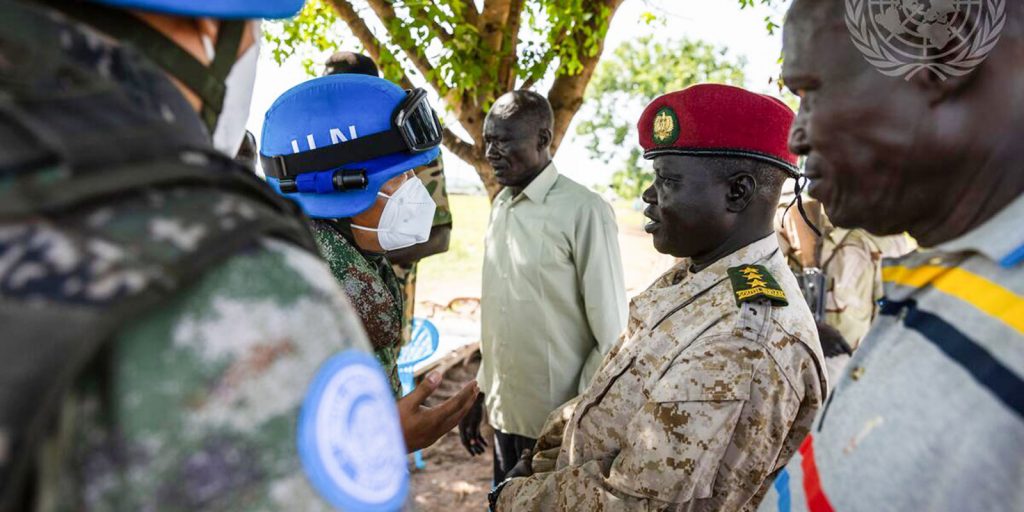
The United Nations Mission in South Sudan: Reflections and Future Priorities
On 9 July 2021, South Sudan commemorated its 1o-year anniversary as an independent, sovereign state. The celebrations across the country were quiet. The exuberant scenes of 2011 gave way to pensive stocktaking as South Sudan emerges from a vicious cycle of civil war and a weakened economy brought to the brink by the COVID-19 pandemic. What has remained however is the resilience of the people of South Sudan, and their ability to look toward a future of peace, stability, and development. Their hope rests on the permanent ceasefire which has continued to hold since 2017, and the implementation of the Revitalized Agreement on the Resolution of the Conflict in the Republic of South Sudan (R-ARCSS), signed in 2018 following the breakdown of the previous peace agreement.

